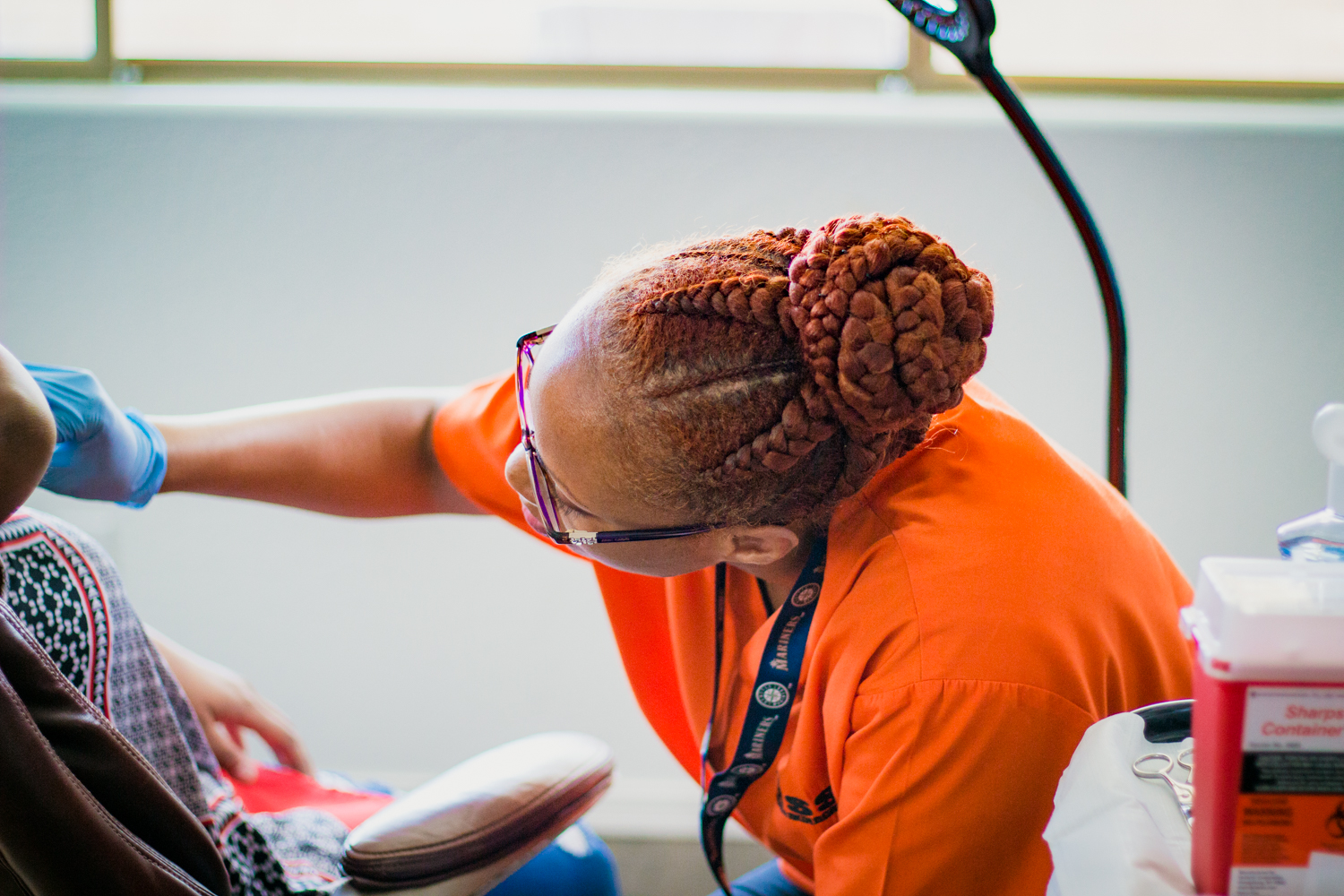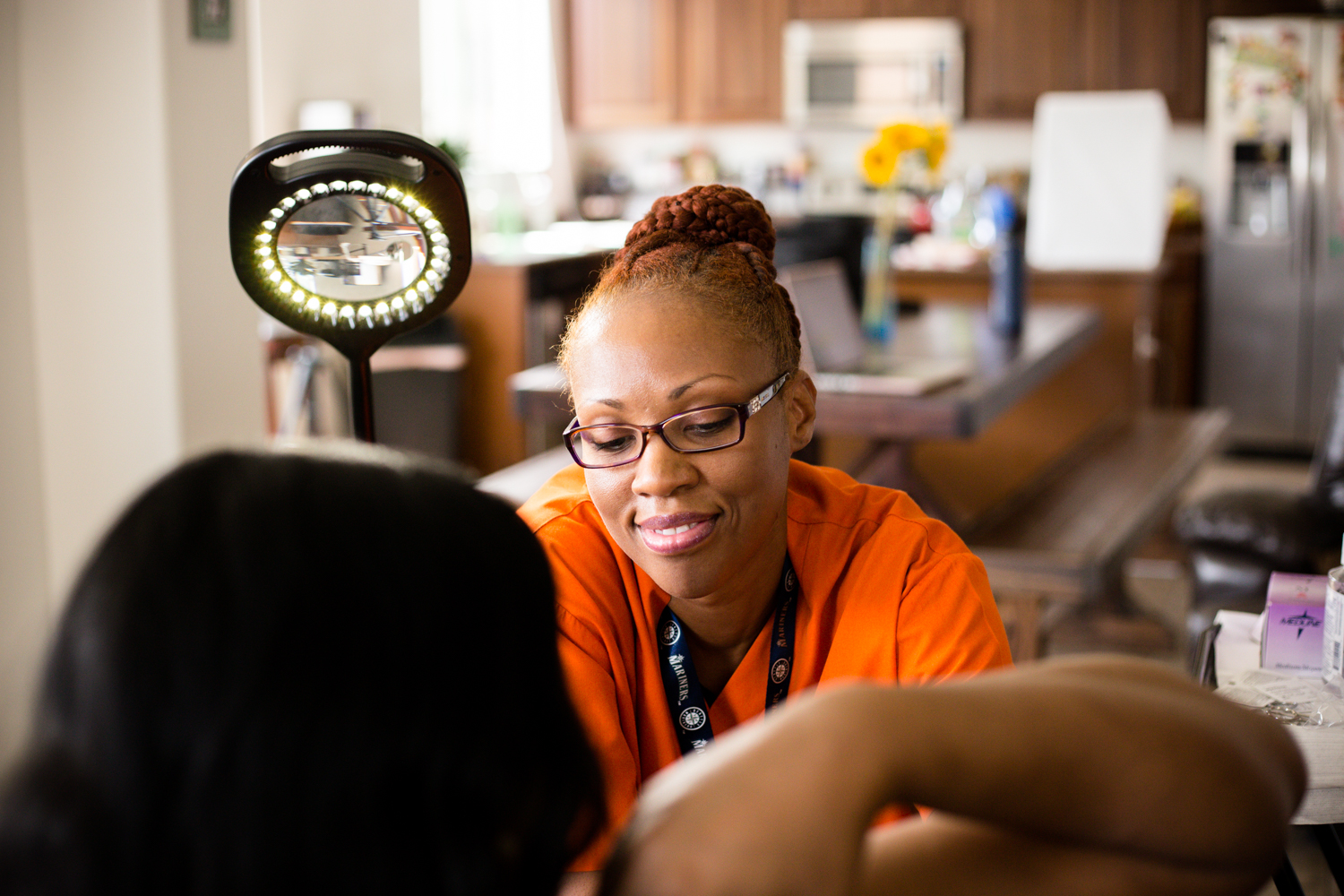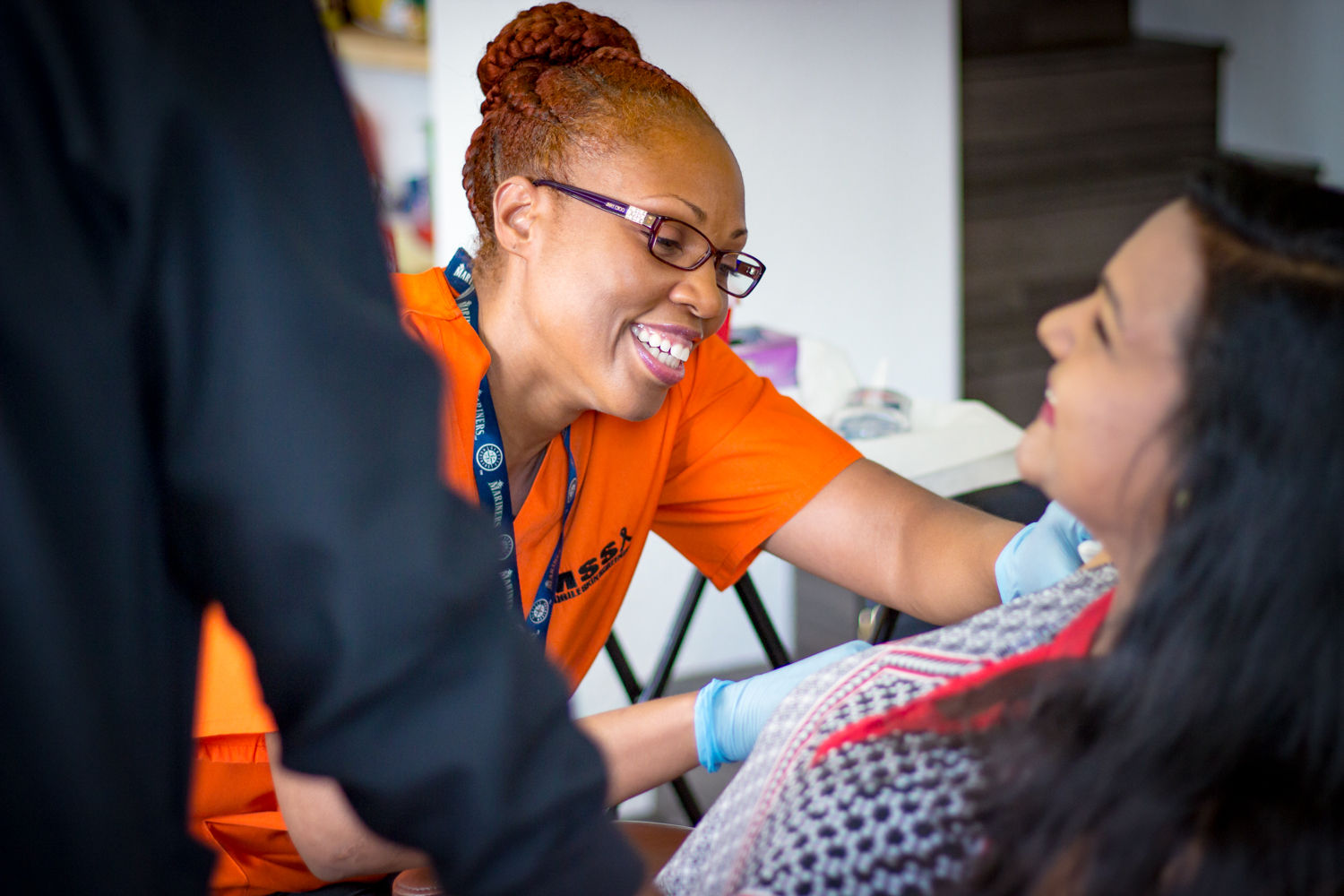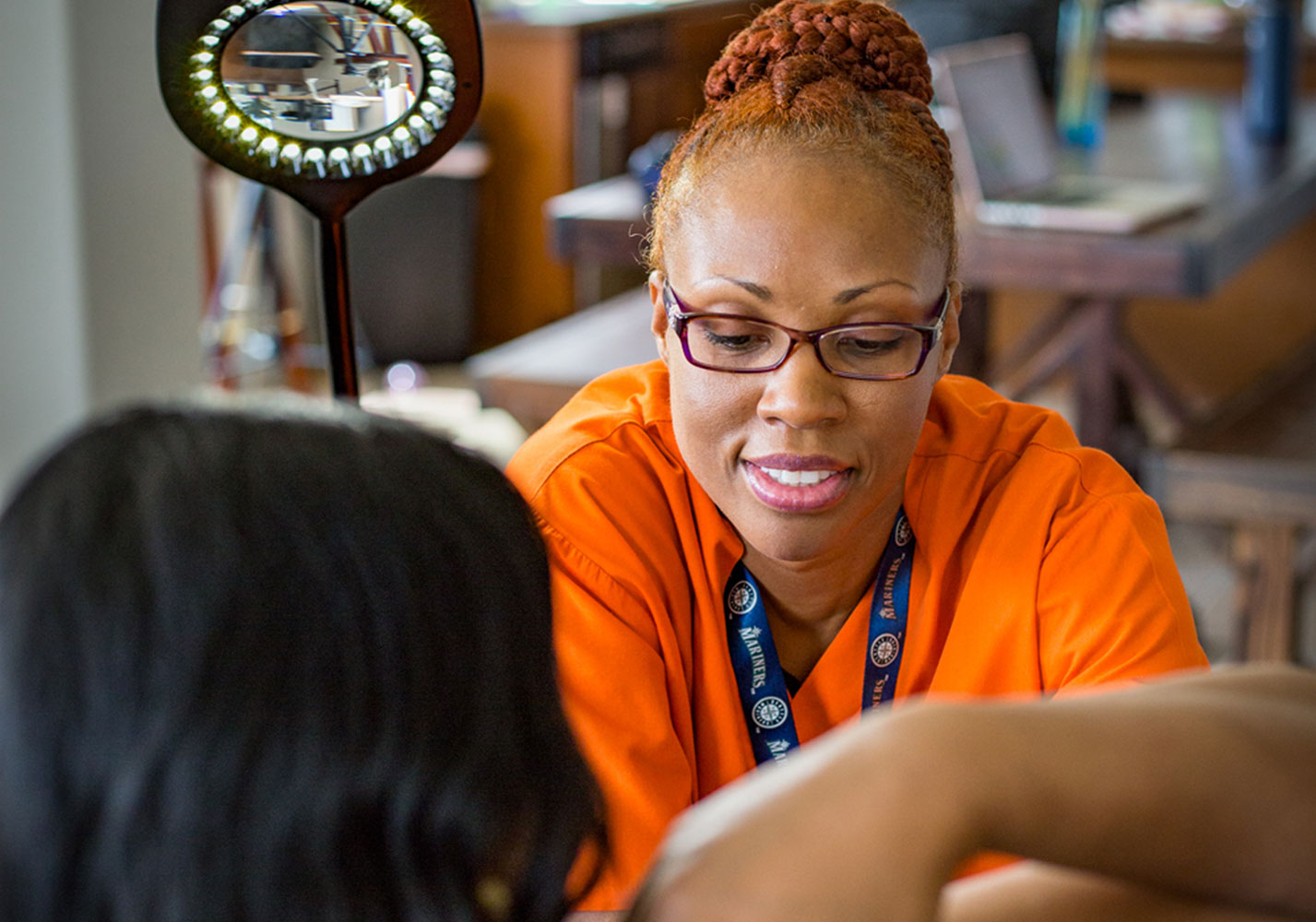
Should You Schedule a Full Body Skin Cancer Screening?
May 8, 2018
Benefits of Mobile Dermatology Exams in Phoenix AZ
May 9, 2018Xerosis, or dry skin, is most noticeable on the lower legs, hands and feet. Anyone at any age can develop dry skin. The older you are the more likely you will have dry skin since aging skin is thinner and drier. Dry skin is most prevalent in the absence of environmental moisture such as in desert climates and the winter season. No matter where it is or how it becomes dry, Xerosis can be frustrating to manage. So, can Xerosis lead to other dry skin conditions? Before we go into detail, let’s try to understand some more of the causes.
Where Does Dry Skin Come From?
Most of the causes for dry skin begin in areas with hard water, bar soaps, chlorine from swimming pools, hot water, certain medical conditions (e.g., hypothyroidism, kidney or liver failure), medical treatments (e.g., chemo or radiation therapies). Dry skin on the lower legs and feet may have scaling, cracking or an ashy appearance. The skin on the bottom of the feet is thicker and requires creams or emollients which are thick versus lotion for proper moisturizing. Hands are frequently washed or cleaned with antibacterial soaps or hand sanitizers which leaves hands extremely dry.
What Are the Symptoms of Dry Skin Conditions?
Dry skin conditions can develop anywhere on the body. Dry skin is basically dehydrated skin that is screaming for moisture. Living in Arizona makes most of us extremely susceptible to dry skin. It can also be a sign of an underlying medical condition such as hypothyroidism or a side effect of chemo or radiation therapy.
General symptoms of dry skin: Itchy and rashy, rough texture, ashy, scaly, and/or cracked appearance.
Severe symptoms worth checking out: Rash and a skin infection are the two signs that need to be treated because the skin barrier has been compromised.
The Nuisance of Dry Skin Conditions

Chronic dry skin left untreated can turn severe if you’re not properly managing it or receiving a proper diagnosis. Moisturized skin means that the skin cells are plump which provides an optimal barrier to an environment full of microbes, allergens, and damaging elements. Dry skin is dehydrated which means there are gaps between skin cells on the top layer of the skin resulting in a compromised protective barrier against the environment. If dry skin is not addressed it becomes itchy, inflamed (rash), and allows microbes to enter the skin which leads to infection.
The Correlation Between Dry, Itchy Skin and Skin Cancer: Some patients with non-melanoma skin cancers have reported a NMSC being occasionally itchy but that’s not a common complaint; NMSC are normally asymptomatic. There isn’t a direct correlation, but poor hygiene and improper skin treatment can create several more severe situation.
When Should You See a Dermatologist About Dry Skin Conditions?
If your skin moisturizing regimen is not improving your dry skin or the condition is getting worse. Touch on what your skin needs: Your skin needs daily moisture and TLC. Avoid excessive scrubbing or exfoliation of the skin. Use moisturizing body washes over bar soaps and make sure whenever your skin gets wet, you apply a good moisturizer afterwards.
Discuss how different people have different skin care needs and it’s important they determine what they are with a licensed dermatologist. Depending on skin type (e.g., dry, oily, acne prone, sensitive, eczematous, severely sun damaged, etc.) certain skin products and regimens will work better and keeping the skin moisturized than others. A dermatology provider can explain what your specific skin type needs to improve dryness and suggests what skin care products will work the best.
Some Tips for Natural Skin Care At Home
Avoid dry skin conditions and keep your skin healthy by following these following tips.
- Avoid taking hot showers or baths.
- Moisturize your skin within 3 minutes of getting out of the bath or shower to allow for better absorption of your moisturizer
- The bottoms of feet, back, and hands are often forgotten but they also need to be moisturized daily
- Oils such as olive and coconut are the latest trend in moisturizing the skin. They can be beneficial to the skin; however, they can clog pores which can cause inflamed hair follicles and acne. Also oils have large molecules that don’t allow for proper absorption in the deeper layers of the skin.
- Rose water can be sprayed on the body after getting out of your bath or shower and before applying a moisturizer. It leaves the skin soft and is a natural anti-inflammatory. I actually make this for some of my patients and would highly recommend you try some on dry skin conditions.



